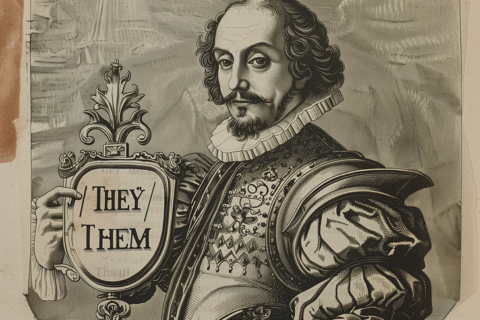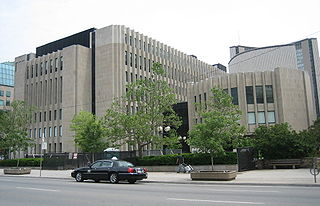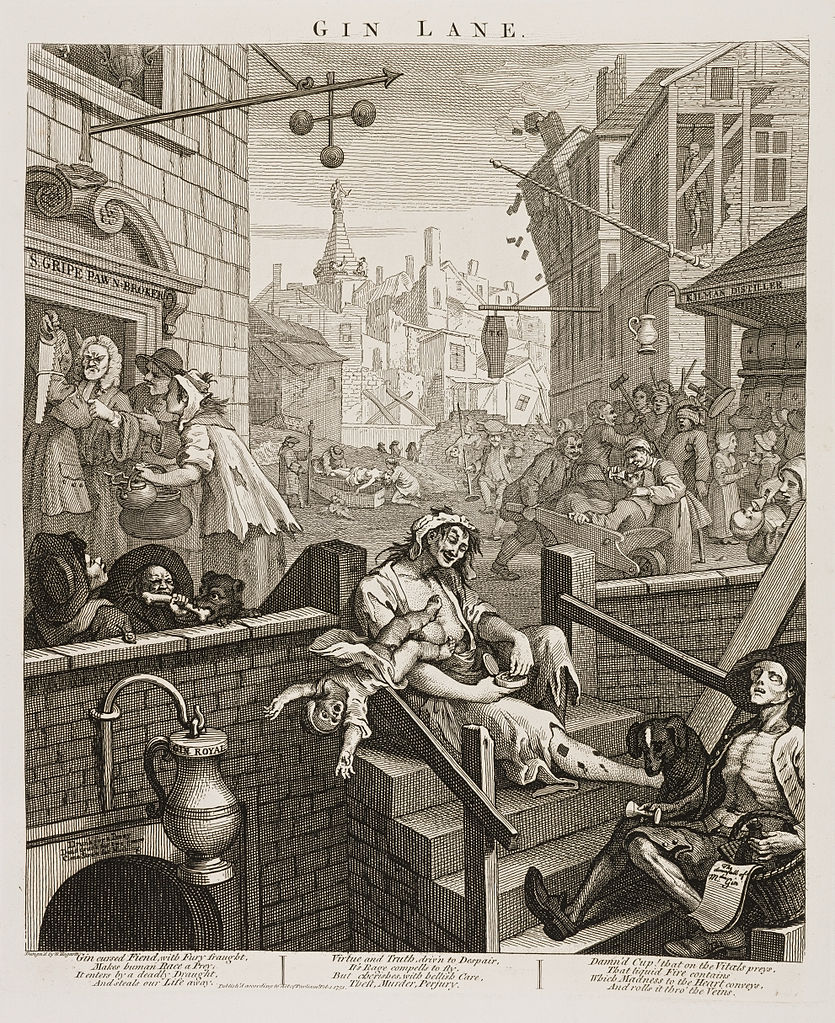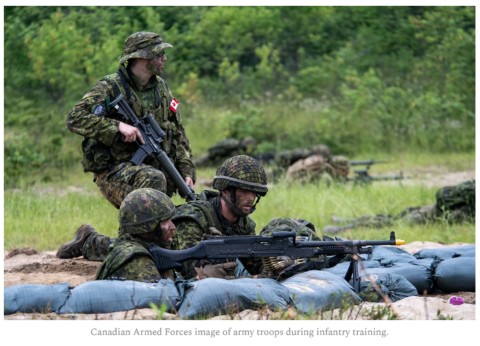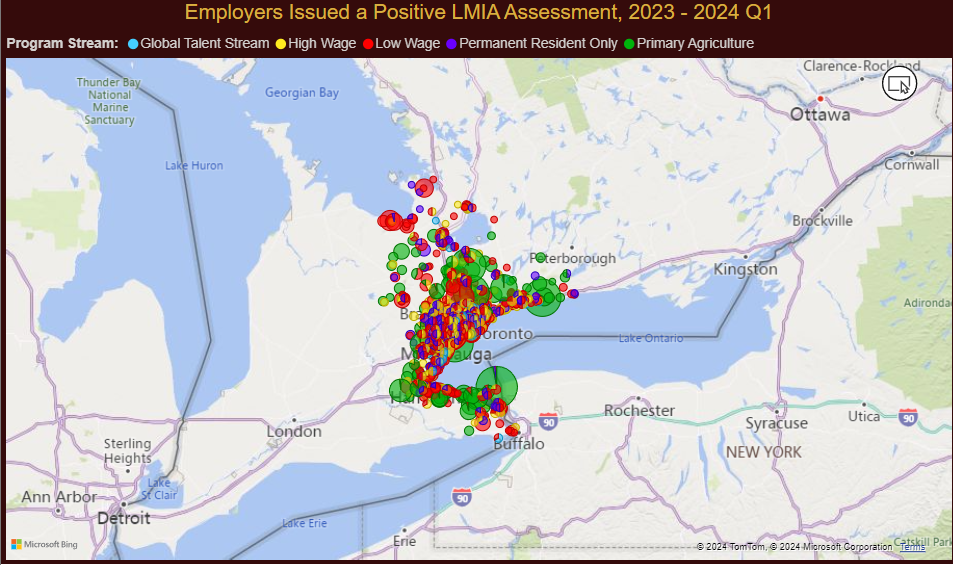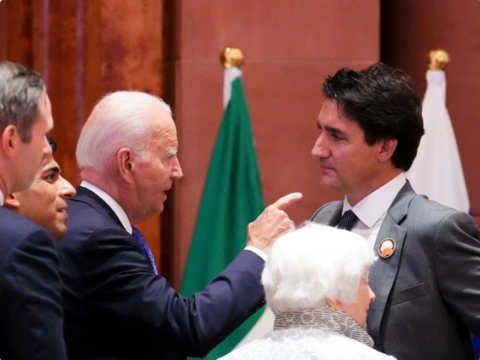Although I can technically say I’ve been to British Columbia, a couple of hours driving around just west of the BC/Alberta border in 1988 doesn’t give me any real understanding of Lotusland’s, uh, unique political landscape. Fortunately, here’s Rob Shaw in The Line to give a somewhat better-informed view of BC politics today:
British Columbia politics has always been weird.
This is a province in which an obese Taiwanese billionaire once bought a premier’s personal amusement park using envelopes stuffed with cash in his underwear; where the clerk of the legislature was convicted of fraud; where the Speaker claimed the legislature’s ceremonial mace was bugged by spies; and an MLA stole from a children’s charity for the disabled.
In short, the province has a bit of a reputation. So it might be tempting to view the most recent headlines about the implosion of the former dominant B.C. Liberal party — and the meteoric rise of the B.C. Conservatives — as keeping with British Columbia’s unique brand of zaniness.
Except, it isn’t.
B.C.’s political realignment mirrors one that’s already occurred in several other provinces and is playing out federally, as well, as a tired, middle-road centrist party is squeezed out by a harder-right, hungrier, more-energetic conservative movement.
At the leading edge of it all is an unlikely figure — a 61-year-old former Liberal cabinet minister with a low profile, who was booted from the B.C. Liberal caucus in 2022 by leader Kevin Falcon for sharing a social media post questioning the role of CO2 in climate change. Rather than retire quietly, John Rustad took the ejection, pivoted and joined the moribund B.C. Conservative party, which had clocked only 1.9 per cent of the popular vote in 2020. He gave the party a seat in the legislature, and a profile to grow. Since then, it has skyrocketed.
“Of course nobody thought you could do this in a year, take a political party from two to three per cent to challenge to form government,” Rustad told me. “Lots of people ask me about it and I put it down simply to people are really desperate and looking for change.” Last week — two years and 10 days after he was fired — Rustad stood in a Vancouver hotel ballroom to accept Falcon’s political surrender. The leader of the B.C. Liberal dynasty, a party that ruled the province from 2001 to 2017 under premiers Gordon Campbell and Christy Clark, announced that he was disbanding B.C. United ahead of the next election. Supporters were encouraged to flock to the Conservatives.
“This is the right thing to do for the province,” Falcon said at the Aug. 28 press conference. “I said to John: I may only agree with about 75 per cent of what you might believe in, but I do know this, that on his very worst day John Rustad would be a far better premier than (B.C. NDP premier) David Eby on his very best day. And I’ve never lost sight of that bigger picture.” The Conservatives have been within striking distance of the governing NDP for months, according to polling done by almost every firm in the country.




